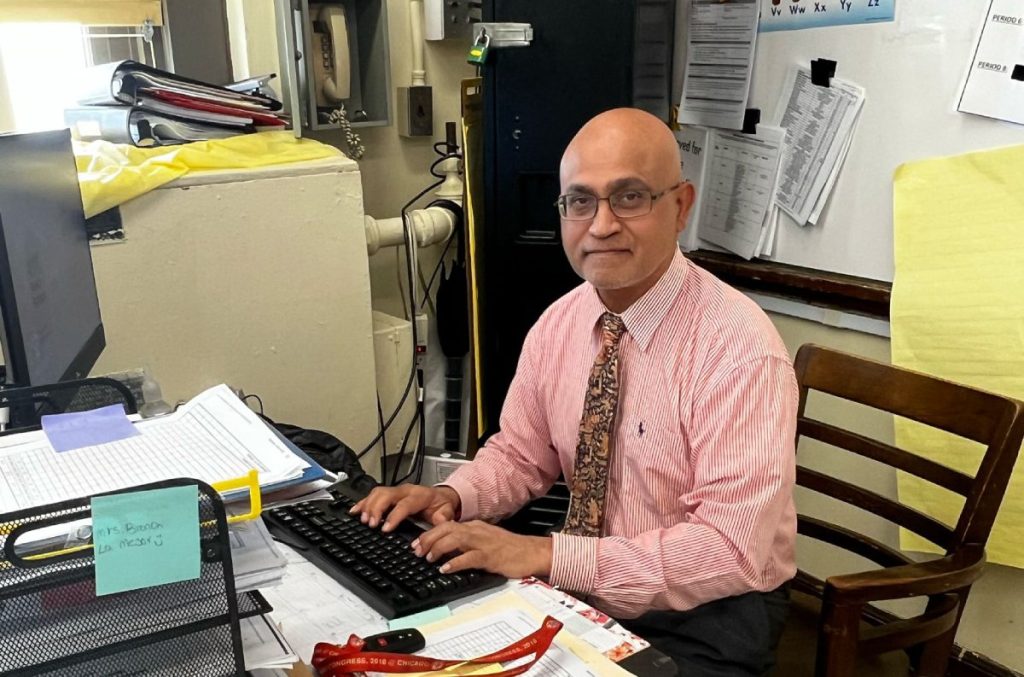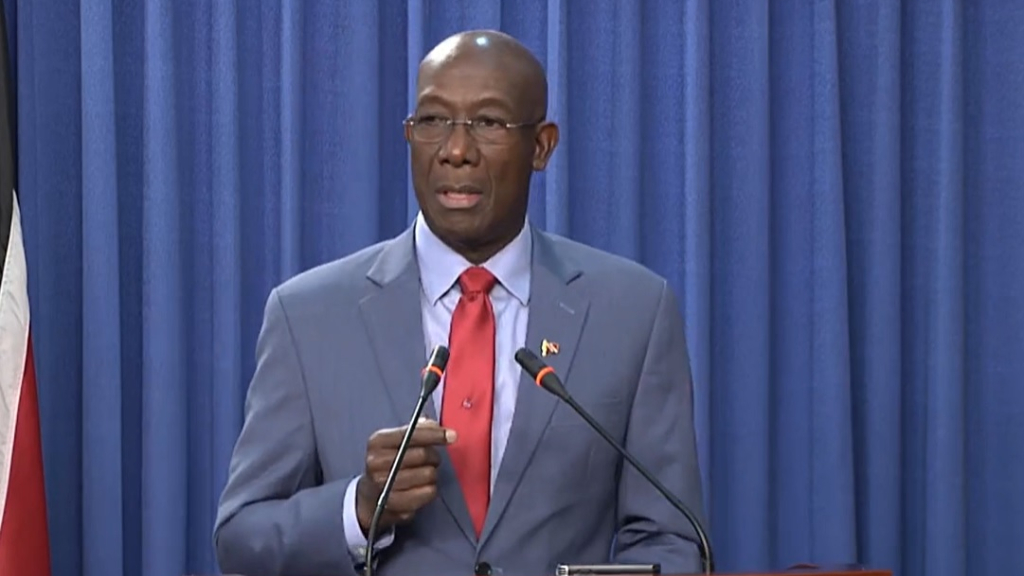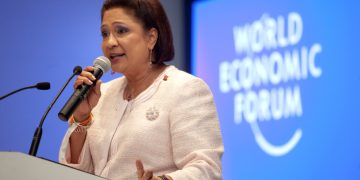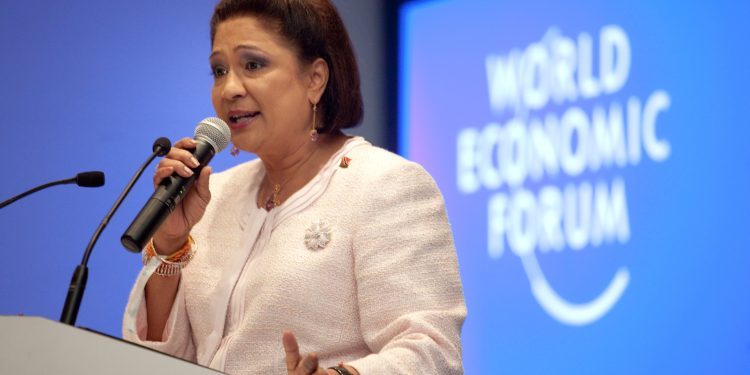In an ongoing tracking survey conducted by NACTA over the last month, a large majority of 490 respondents, supporters of all political parties and independents, say the PNM will retain power at the next general election constitutionally due November 2025. The public feel that the Prime Minister Dr Keith Rowley is likely to call early election because the opposition is badly divided and in disarray; but the PNM faces no threat of losing power now or anytime in 2025. They say the opposition UNC can’t win an election on its own but if ‘united’ internally, reorganizes and cleans house (of unappealing and disliked MPs), and is able to attract credible faces and accommodates other (minor) political parties, it will strengthen its position to wrest government from the PNM.
The poll was conducted by well known psephologist Dr. Vishnu Bisram with 490 respondents and analyzed at 95% Significance Level with a margin of error of 4%.

Voters pointed out that the UNC never won an election alone except in 2000, and even in that election there was an alliance with dissidents from the PNM. The UNC lost every election going alone. Kamla Persad Bissessar lost in September 2015 after the estrangement with Winston Dookeran and the base of the COP; the base of UNC was not enough for the party to retain power in 2015 (amidst allegations) and or to win in 2020. And the UNC base has shrunk from 2010 and 2015 and since 2020 and does not have enough support to win in 2025. The UNC does not have enough winnable seats that it can wrest from the PNM to capture government; all of the marginals held by the PNM, save one, are held by popular MPs while the UNC holds four marginals with unpopular MPs that the PNM could pick up to widen its parliamentary majority.
Voters note that the UNC going alone into election did not cut much ice in 2015 and 2020 and will not cut any ice in 2025. PNM has been poaching UNC base attracting support and wooing credible candidates who are likely to win, making gains and solidifying itself in enough seats to remain in government for a repeat of the 30 years rule that it enjoyed from 1956 to 1986. It is the general view of respondents and of several independent voters that Rowley’s unprecedented third term does not face any immediate threat not because he is liked but because the opposition is rejected. The official opposition is feeble and unattractive to a majority of voters even in its own traditional base.
Voters noted that UNC MPs who questioned the party’s status quo and mounted a challenge to the executive have been victimized and marginalized, disuniting the party. And those excommunicated over the years have not been approached to mend fences and return to strengthen the party in preparation for a general election. Voters also pointed out that the UNC has several MPs with questionable character and very little credibility. They are a butt of jokes even in their constituencies. The mere presence of this group of MPs in UNC public politics is viewed as an asset to the PNM. They are not an asset to the UNC but an albatross around neck of the party. Independent thinkers find it shocking that the leadership has not banished them or told them to disappear from the political landscape; instead, they make their presence known on the platform. Voters see them as a liability upon the UNC, and because of them, weakened leadership, and the arrogant attitude of going into the election alone, the party is unlikely to ever win another general election.

And while a majority of voters 59%) express dissatisfaction with the PNM, almost the same number 58% is turned off from the UNC. The Prime Minister also has very high unfavorability ratings but so does the Opposition Leader and shadow PM. The opposition UNC is not attractive to independent, unaligned voters and disgruntled traditional PNMites. Thus, in a national election, the opposition cannot merely rely solely on people’s dissatisfaction with the incumbent government and the unpopularity of the Prime Minister. The opposition is saddled with similar baggage, turning off floating voters. PM Rowley and the PNM receive far more acceptability with the electorate in selected constituencies (its traditional seats and the marginals) than the opposition, enough to retain government. The PNM’s support is buttressed by MPs concentrating on performance and delivery related issues in targeted constituencies that it will retain or capture.
If the UNC embraces dissidents, reorganizes and rejuvenates with credible faces, and unites with or accommodates the small parties, the population feel the UNC will significantly improve its electoral prospect at the next general election.


































































